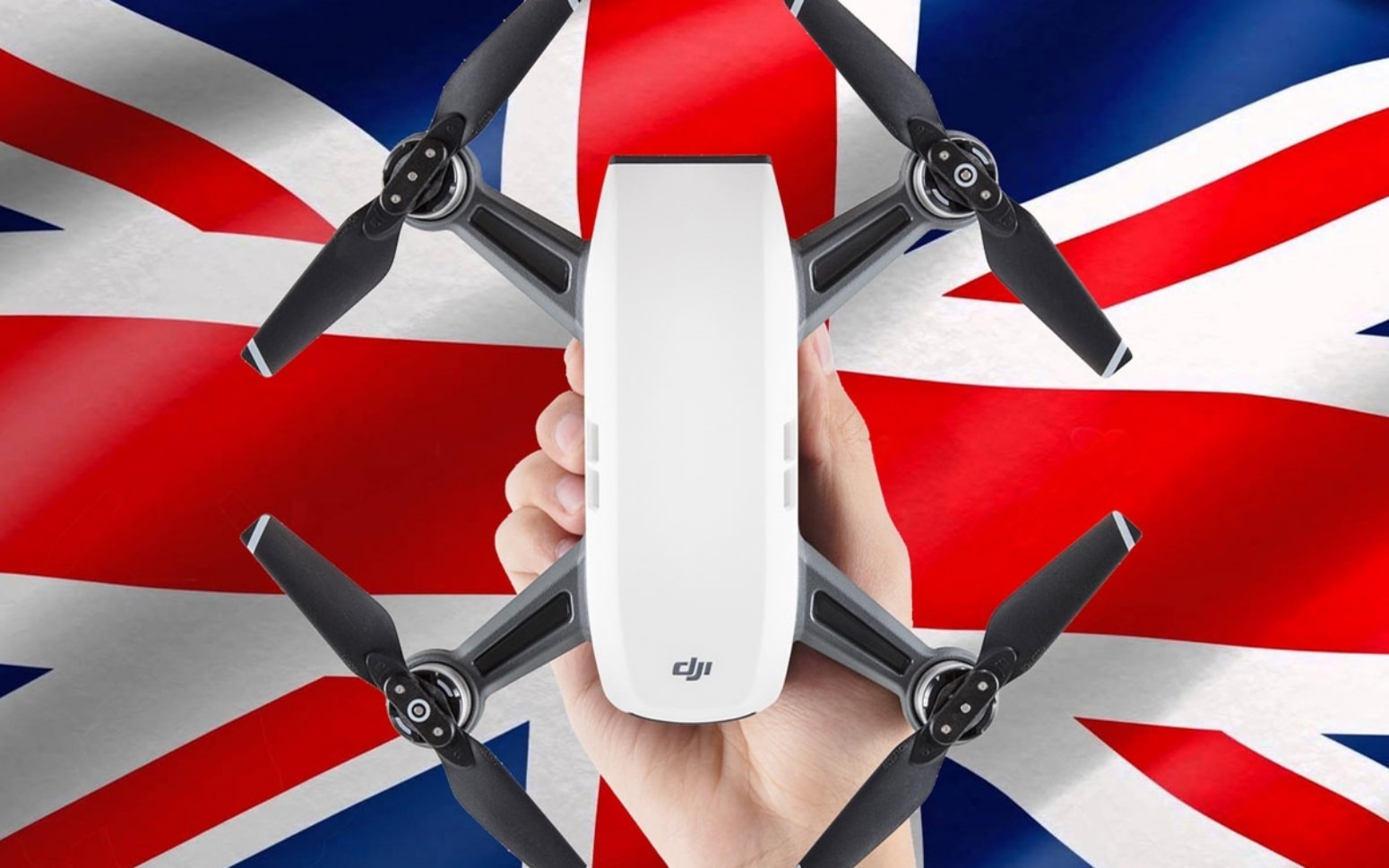
Britain has been energetic in its pursuit of emerging UAV operations and services as a major driver of innovation and economic activity. Yet business leaders are warning that unresolved certification details in the wake of Brexit may seriously hamstring the UK just as the drone-driven future is set to take off.
The vast majority of UK executives and industry organizations opposed Brexit as likely to create the kinds of trade, administrative, and transportation disruptions that have indeed plagued Britain since it left the European Union. But specialists are now warning those problems could be even worse for drone sector companies – and those relying on them – if the UK does not find replacement accreditation rules for a variety of products by this time next year.
Prior to Brexit, goods marketed in the UK needed the EU’s European Conformity (CE) certification, which is granted to products in compliance with the bloc’s health, safety, performance, and environmental requirements. Over the past year, however, the British national references has been UK Conformity Assessed (UKCA) approval, which – as a transitory step – has generally been extended to goods that had CE status.
On January 1, 2023, by contrast, the UK will need to have a permanent set of criteria and approval process for goods allowed on the national market in place – and one which will seamlessly interface with other international accreditation administrations to boot. Failure to do so, business leaders warn, will not only create havoc for new and previously authorized products seeking entry into Britain, but create complete chaos for UK companies needing re-accreditation for their exports to the EU and elsewhere.
The specter of that, says CEO of consultancy Drone Major Group Robert Garbett, will be particularly perilous for UAV sector businesses.
“It is essential that the UK takes a clear, committed and consistent approach to the development of CA accreditation, something which would have a significant impact on the aviation and drone industries,” Garbett said in urging parliament to take an activist approach to the topic when it’s tabled later this month. “The UK currently has no system in place for the certification of aviation materials (or) drones, and with all CE certification no longer valid, firms will have to return to EU certification providers to re-certify, at a great cost both financially, and to (their) detriment… We now face a potential cliff edge threat which requires urgent attention.”
Though the economic and trade upheaval of that scenario would cut across most product and business categories, Garbett says the stakes a late or flawed post-Brexit accreditation system are particularly high for drones and companies that will be relying upon them.
Use of the craft for various kinds of deliveries, infrastructure inspections, mapping, and more is already expanding at rapid rates. But with services like air taxis and other advanced air mobility operation as close as two years away, Garbett says failure to establish a post-Brexit certification structure in time could leave the UK drone sector floundering as one of the future’s most promising transportation activities takes wing.
“(A)s it stands, it will be very difficult for a certification scheme to be established with United Kingdom Accreditation in time for the December 2022 deadline, unless the current pace is speeded up,” he argues. “The UK’s departure from CE certification post-Brexit, has created an opportunity for the UK to develop an acceptable means of compliance in line with emerging international standards… We must get this right to leverage one of the UK’s biggest opportunities for growth in a technology where if we move fast, we could lead the world.”
FTC: We use income earning auto affiliate links. More.



Comments